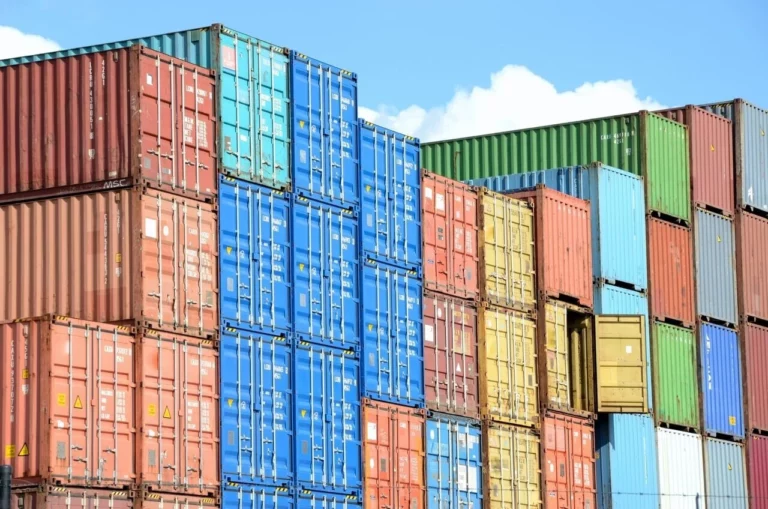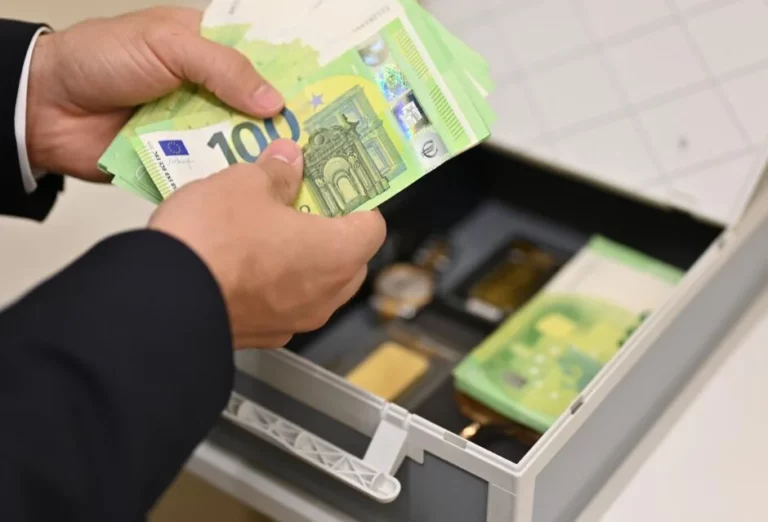trade
Unleashing the Power of Online Investment: A Guide to Navigating the Digital Financial Frontier

Unprecedented trade surplus data may help forint

Hungarian manufacturing sector not doing well, unlike trade

Kyrgyz foreign minister Jeenbek Kulubaev held talks in Hungary

Big improvement in the Hungarian trade balance

Minister to visit Hungary’s 9th largest trading partner

Remarkable achievement: Hungarian forint becomes one of the best in the world

More bad news for the Hungarian economy: both domestic trade and imports have fallen

There is a huge international demand for Hungarian fruit

PHOTOS: Ferry service inaugurated on Hungary-Slovakia border
Foreign Minister Péter Szijjártó on Thursday inaugurated a new ferry service between Neszmély in Hungary and Radvan (Dunaradvány) in Slovakia....
Construction, home renovation in Hungary? Now is the time!

The world’s finest Pepsi, based on Hungarian mineral water

Minister: foreign investors’ confidence in Hungary is unbroken

The Hungarian government’s mandatory action in shops has come into force, here are the first experiences

Unexpected decision changes shopping in Hungary’s market leader supermarket chain

European Commission passes measures on imports of Ukrainian agricultural products

Some shops deceive their customers by using only euro prices in Hungary

Hungarian-owned weapons company to arm rising Asian power





 ZH
ZH IT
IT DE
DE HR
HR NL
NL FR
FR JA
JA RO
RO RU
RU ES
ES TR
TR
